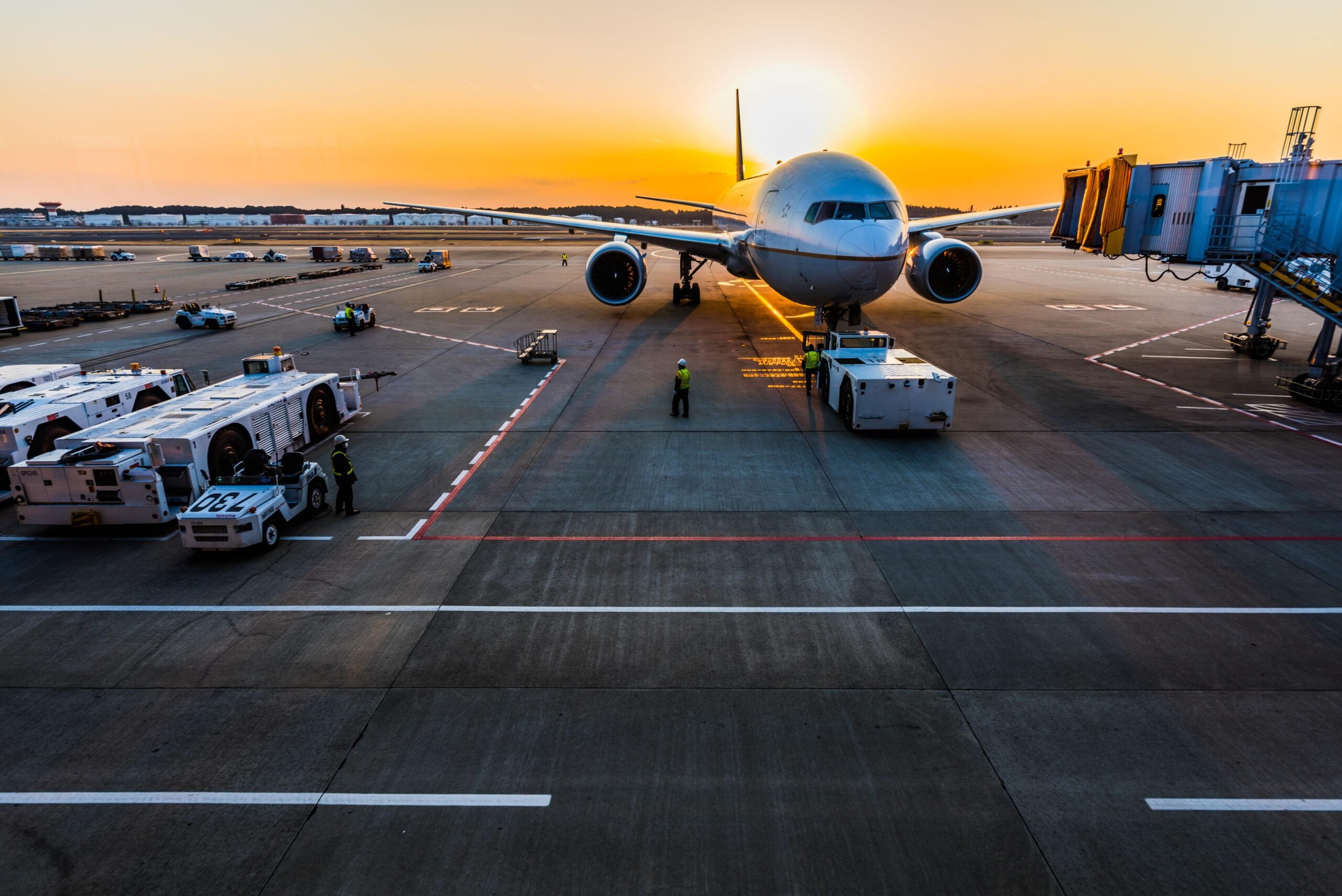
Unprecedented times equal unprecedented opportunity
While this is undoubtedly a difficult time for the sector, it is also the perfect chance to test out new concepts, fuels and decarbonisation models without the chaos of pre-Covid traffic. “Historically low traffic levels offer us a chance to do things that might have been impossible or extremely difficult under normal circumstances and we’re considering a number of short term measures that could improve the environmental efficiency of our operation,” Ian Jopson, head of environmental and community affairs at UK air traffic manager NATS recently wrote.
We speak to NAAI’s Sven Daniel Koechler about why #sustainable aircraft recycling practices will be vital in the futurehttps://t.co/Ko57jxPjqu #aircraft #recycling #aviation #airport #environment #usa
— Airport Industry Review (@Airport_Mag) July 21, 2020
Covid-19 has given travellers a fear of flying that has inevitably impacted revenues and forced stakeholders to seek financial support from governments. The thinking goes that making climate change a priority will help make aviation more appealing to passengers, as well as attract private and public investment in a difficult economic environment.
Countries such as France, Austria and the Netherlands have shown eagerness to reward these efforts, having imposed climate criteria in their airline bailout packages. Similar initiatives will be paramount across the world if the sector wants to bounce back.
How well do you really know your competitors?
Access the most comprehensive Company Profiles on the market, powered by GlobalData. Save hours of research. Gain competitive edge.

Thank you!
Your download email will arrive shortly
Not ready to buy yet? Download a free sample
We are confident about the unique quality of our Company Profiles. However, we want you to make the most beneficial decision for your business, so we offer a free sample that you can download by submitting the below form
By GlobalDataEncouragingly, the sector is on track to achieve this goal, supported by research, new technologies and hundreds of decarbonisation projects currently taking place around the world. As Transport & Environment aviation manager Jo Dardenne told AIR earlier this year: “The impact of Covid-19 on aviation emissions in 2020 and the rate at which the industry is likely to bounce back create an opportunity to make 2019 the “peak” year for aviation emissions in Europe, especially as we will see the growing deployment of technology and increasing societal shifts from air travel.”
The list of examples is endless, but now more than ever it is worth mentioning some ground-breaking projects.

Airbus is currently working to prove the feasibility of wake energy retrieval in aviation, which could involve pairing aircraft in order to decrease CO2 emissions by 10%. In the UK, a coalition of government ministers, businesses and environmental groups have launched the Jet Zero Council, aiming to make zero-carbon transatlantic flights a reality over the next decade.
Across the ocean, the North American Aerospace Industries Corporation is preparing to open a $100m aircraft recycling facility that will dismantle and upcycle as much as 95% of an aircraft’s components. Also in the US, San Diego airport is trialling initiatives designed to reduce onsite waste, while Japanese airline All Nippon Airways will soon start using Neste’s sustainable aviation fuel.
These successes show the sector’s determination to play its part in tackling climate change and one reason to be optimistic ahead of 2021.



